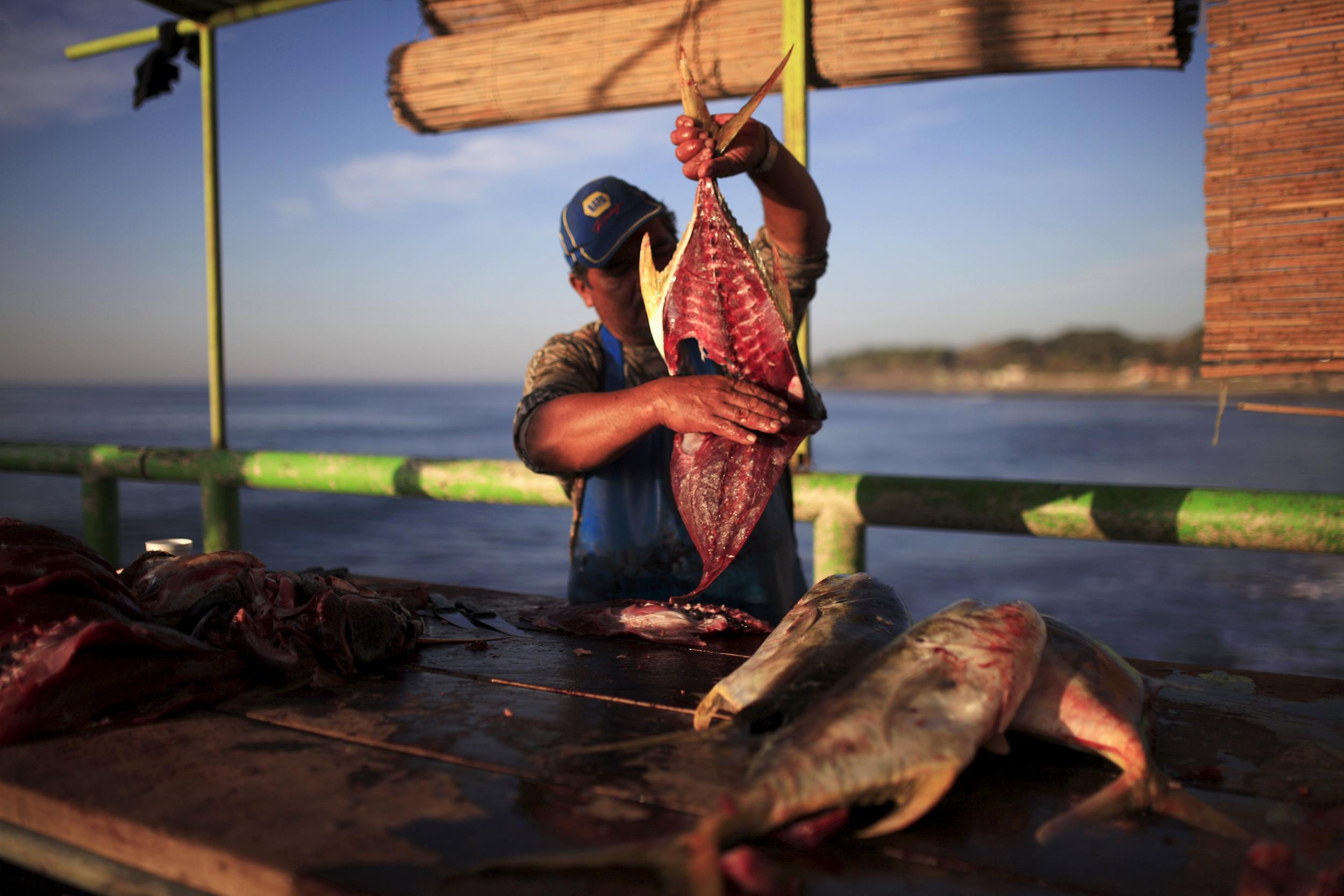Climate change benefits the rich at the expense of the poor, study finds
'We tend to think of climate change as just a problem of physics and biology'

Your support helps us to tell the story
From reproductive rights to climate change to Big Tech, The Independent is on the ground when the story is developing. Whether it's investigating the financials of Elon Musk's pro-Trump PAC or producing our latest documentary, 'The A Word', which shines a light on the American women fighting for reproductive rights, we know how important it is to parse out the facts from the messaging.
At such a critical moment in US history, we need reporters on the ground. Your donation allows us to keep sending journalists to speak to both sides of the story.
The Independent is trusted by Americans across the entire political spectrum. And unlike many other quality news outlets, we choose not to lock Americans out of our reporting and analysis with paywalls. We believe quality journalism should be available to everyone, paid for by those who can afford it.
Your support makes all the difference.Everyone knows that wealth feeds wealth and the rich are getting richer.
But now a new study has found that even what is seemingly the most universal of threats is also increasing the inequality gap.
Climate change, it has been found, is causing important natural resources to move towards the Earth's poles, thereby taking wealth away from the poorest nations nearest the equator.
Rises in temperature are forcing fish, plants, trees and other species to move away from temperate zones towards the poles.
According to a paper entitled "Wealth reallocation and sustainability under climate change", which was published in the journal Nature Climate Change, this mass redistribution of resources both natural and human benefits the wealthiest countries in the northern hemisphere.
The study used fish migration data and a mathematical formula to illustrate the correlation between the movement of resources and the movement of wealth.
Because the effects of climate change are unevenly spread across the world, such a physical redistriubtion of resources to the poles will be similary uneven.
Dr Malin Pinsky, from Rutgers University, said: "What we find is that natural resources like fish are being pushed around by climate change, and that changes who gets access to them.
"We tend to think of climate change as just a problem of physics and biology.
"But people react to climate change as well, and at the moment we don't have a good understanding for the impacts of human behavior on natural resources affected by climate change."
Join our commenting forum
Join thought-provoking conversations, follow other Independent readers and see their replies
Comments